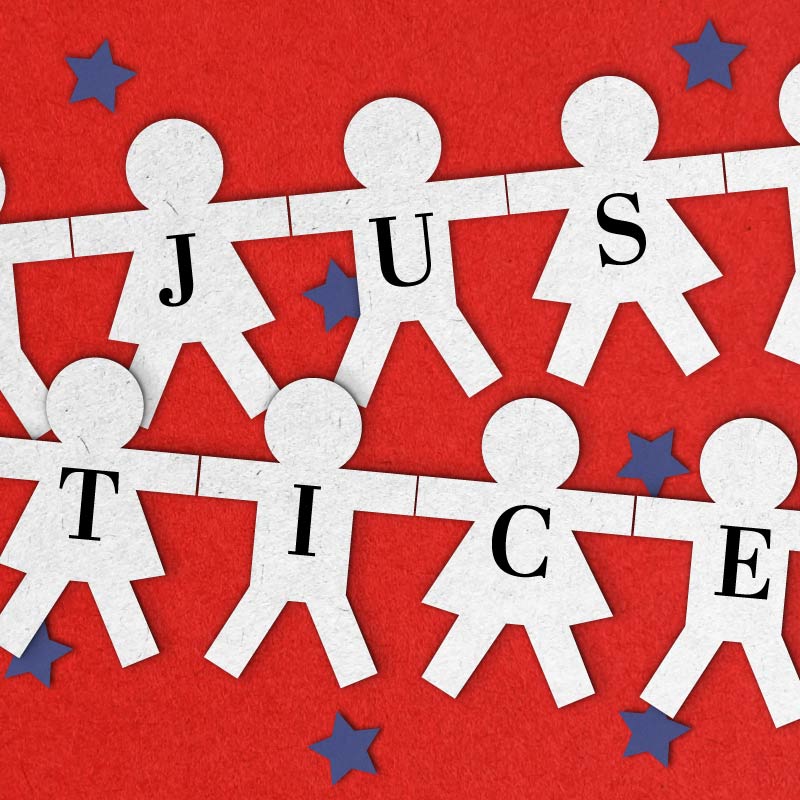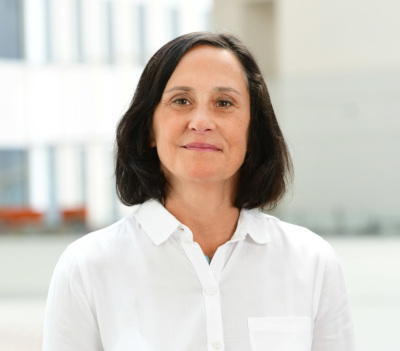
Podcast special | “Sandy Hook at 10: Tragedy, Conspiracies and Justice”
On Dec. 14, it will be 10 years since a gunman walked into Sandy Hook Elementary School in Newtown, Connecticut, and killed 20 first graders and six adults. Soon after, conspiracy theories calling the massacre a hoax emerged. And they have persisted for a decade, thanks to amplification and profiteering by “alt-right” media figure Alex Jones.
In a special two-part episode of our podcast Is that a fact? — “Sandy Hook at 10: Tragedy, conspiracy theories and justice” — we explore the aftermath of the shooting and how what seemed like an aberration of untruths would instead develop into a bellwether for a shift in public discourse, with conspiracy theories becoming a common element of tragic events. We also discuss how victims’ families have fought back against the lies and harassment and brought about lasting change.
‘Typhoid Mary of the Sandy Hook hoax’
In part one, Elizabeth Williamson, a feature writer with The New York Times and author of Sandy Hook: An American Tragedy and the Battle for Truth, explains the incomprehensible need to deny reality and the lucrative market that exploits people’s vulnerability. “He is a sort of a Typhoid Mary of the Sandy Hook hoax,” Williamson said of Jones. She noted that he “has been there at every stop along our descent as a nation down the rabbit hole.”
A father fights back
In part two, we speak with Lenny Pozner, father of Noah, the youngest victim at Sandy Hook. Pozner knew early on that the hoaxers’ movement would be widespread, lasting and harmful. So, he chose to fight back on behalf of his child and other victims. “Noah’s story will always need to be told because there’ll always be someone misusing it,” he said. “I knew that I needed to do everything that I’m able to do to help debunk, to help clarify, to tell my story as best as I can, which really is just telling Noah’s story.”
We hope you’ll listen to these compelling interviews and share them with your community, helping to make sure facts and evidence are front and center in these conversations.
For more insightful interviews about misinformation, news literacy and society, be sure to check out the first two seasons of Is that a fact?. Season One analyzes misinformation and elections, and Season Two addresses false narratives and the harm they cause.
